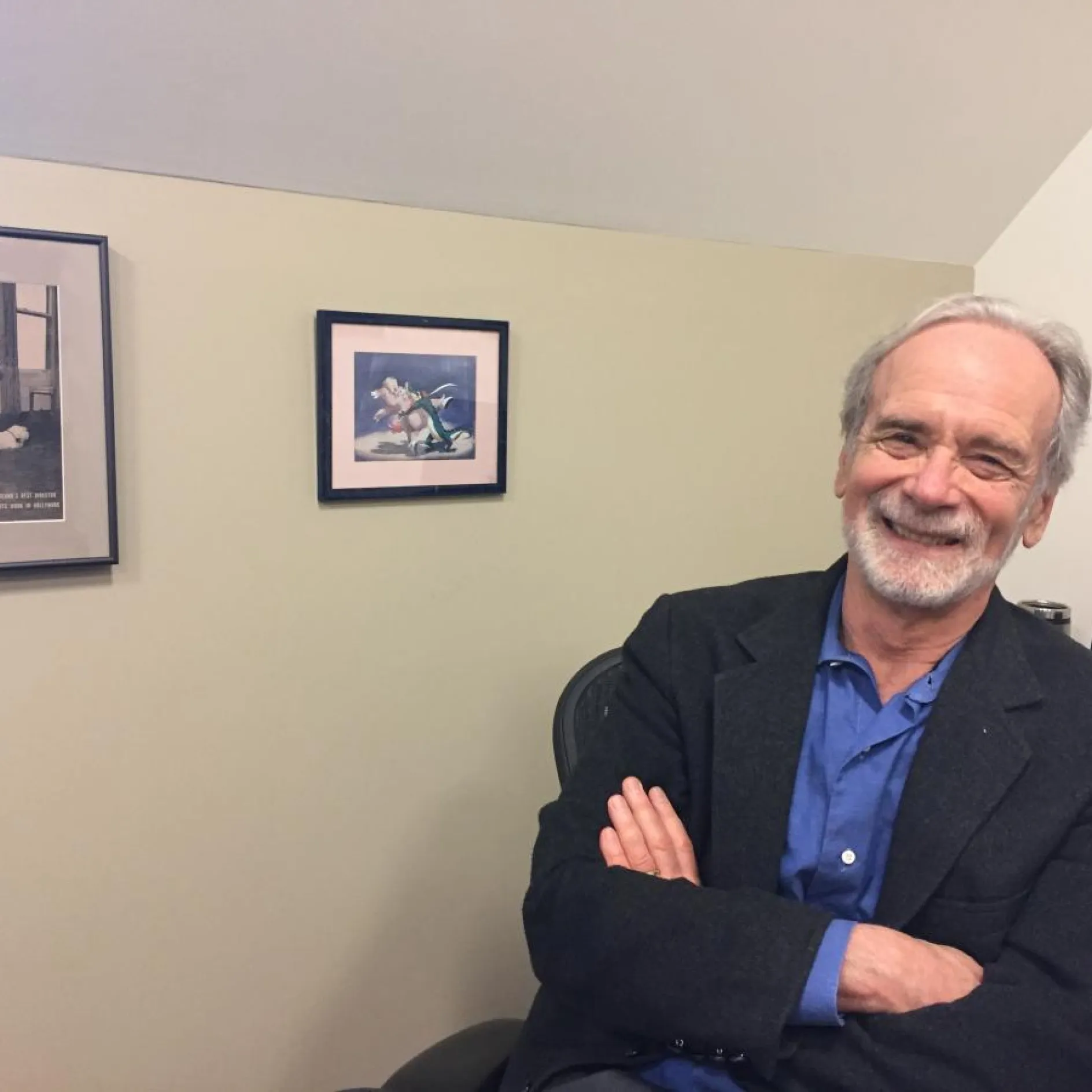Professor Paul was the founding director of Film and Media Studies. He has specialized in writing about film genres, most especially comedy, and film spectatorship.
Prof. William Paul was the founding director of Film and Media Studies. He has specialized in writing about film genres, most especially comedy, and film spectatorship. He is the author of When Movies Were Theater: Architecture, Exhibition and the Evolution of American Film (2016), Laughing/Screaming: Modern Hollywood Horror and Comedy (1995), and Ernst Lubitsch’s American Comedy (1983), all from Columbia University Press. He is currently working on a new book about contemporary romantic comedy. In an earlier life, he was a movie reviewer for Rolling Stone, where he reviewed Alfred Hitchcock’s Frenzy as well as Woody Allen’s Everything You Wanted to Know about Sex, among other films, as well as a reviewer and feature article writer for The Village Voice, where he provided a report on the Lincoln Center gala honoring Alfred Hitchcock, a two-part article on the first showings of hard-core pornography in New York theaters, a consideration of André Bazin’s aesthetics in relation to contemporary documentary filmmaking, and a three-part career survey of classical Hollywood director Raoul Walsh, among other pieces. Since then his writing on film genres, technology and movie theaters has appeared in academic journals and anthologies on film comedy, horror film and film exhibition. He has also provided a video essay for the Criterion Collection disc of Design for Living.



